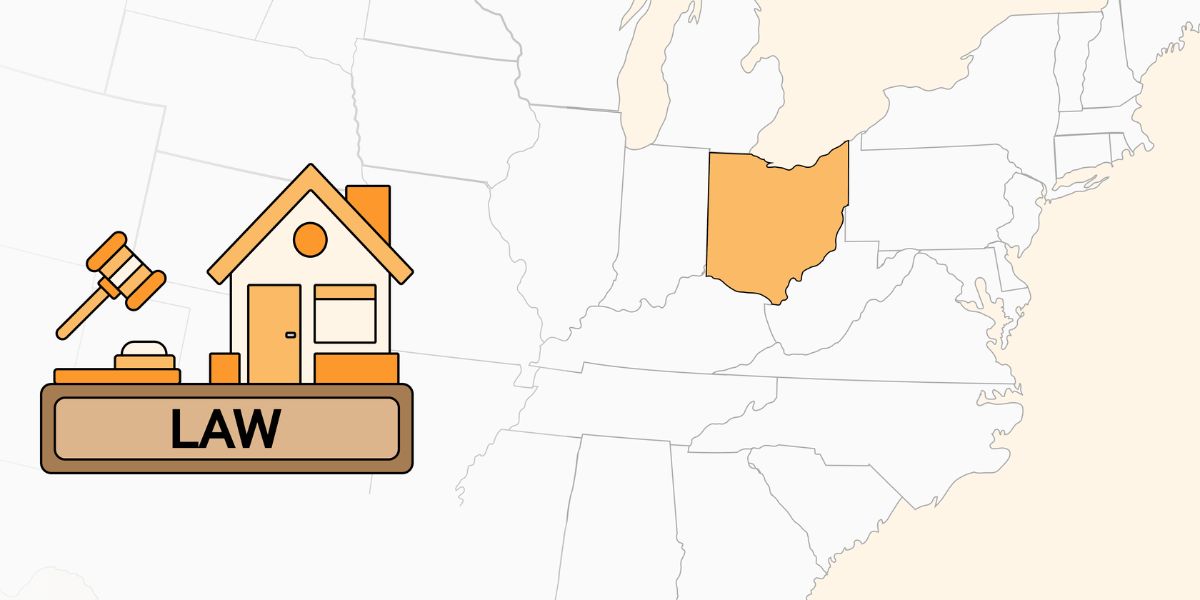Renting a home or apartment in Cincinnati comes with specific rights and responsibilities for both tenants and landlords.
Understanding these laws is crucial for protecting your interests and ensuring a harmonious living environment.
Here’s a closer look at five important tenant laws in Cincinnati.
1. Habitability Standards
Under Ohio law, landlords are required to maintain rental properties in a habitable condition. This means that apartments and homes must meet basic health and safety standards.
Tenants have the right to request repairs for issues such as plumbing problems, heating failures, or pest infestations. If a landlord fails to address these issues, tenants may have the right to withhold rent or terminate the lease, depending on the circumstances.
2. Security Deposits
Cincinnati has specific regulations regarding security deposits. Landlords can collect a security deposit, but it must not exceed one month’s rent.
After a tenant vacates the property, landlords are required to return the security deposit within 30 days, minus any deductions for damages or unpaid rent. If deductions are made, landlords must provide an itemized list of the reasons for the deductions.
3. Anti-Discrimination Laws
Cincinnati adheres to both federal and state fair housing laws, which prohibit discrimination against tenants based on race, color, national origin, religion, sex, familial status, or disability.

Additionally, the City of Cincinnati has its anti-discrimination ordinance that includes protections based on sexual orientation and gender identity. Tenants who believe they have been discriminated against can file a complaint with the Cincinnati Human Relations Commission.
4. Notice of Termination
When it comes to terminating a lease, Ohio law requires landlords to provide tenants with proper notice. For month-to-month leases, landlords must give at least 30 days’ notice before terminating the lease or increasing rent.
California Rent Trends: Which Areas Are Seeing the Sharpest Drops?
For fixed-term leases, landlords cannot terminate the lease early without cause unless the lease specifically allows for it. Tenants should also provide landlords with the same notice if they intend to move out.
5. Tenant Rights During Eviction
In Cincinnati, tenants have specific rights during the eviction process. Landlords must follow legal procedures and cannot forcibly remove tenants without a court order.
Tenants have the right to contest the eviction in court, and they should receive a written notice stating the reason for the eviction. If a tenant believes the eviction is retaliatory (for example, for requesting repairs), they may have grounds to challenge it.
Conclusion
Understanding tenant laws in Cincinnati is vital for anyone renting a home or apartment. These laws protect tenants from unfair practices and ensure their rights are upheld.
If you encounter issues with your landlord or have questions about your rights, consider reaching out to local housing advocacy organizations or legal aid services for assistance. Being informed about your rights can empower you to make informed decisions and navigate the rental process with confidence.




